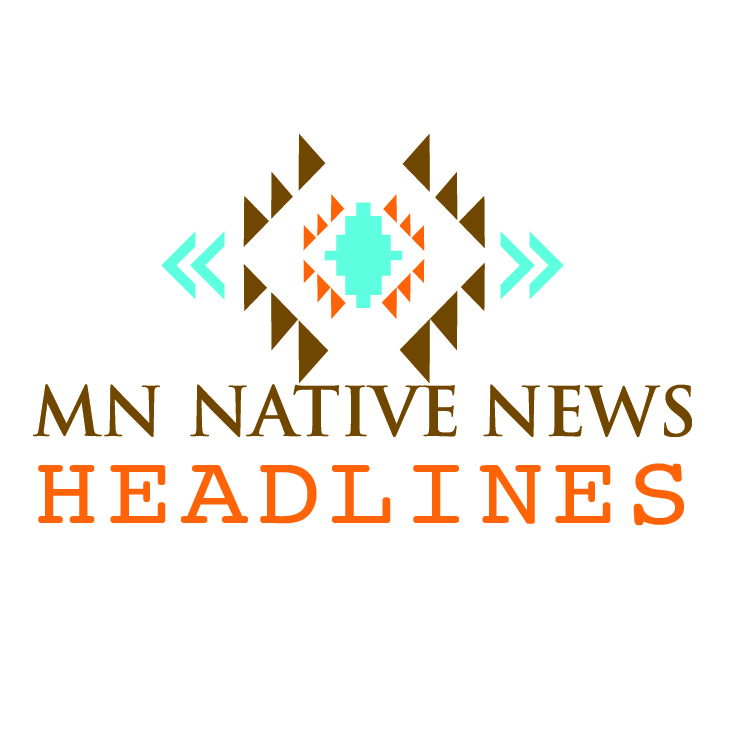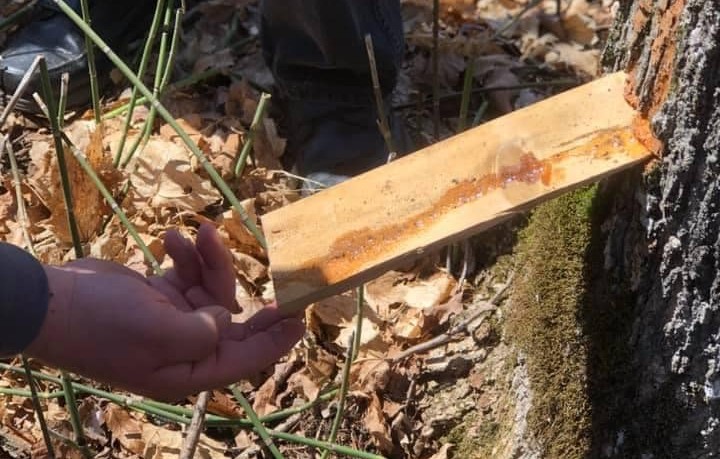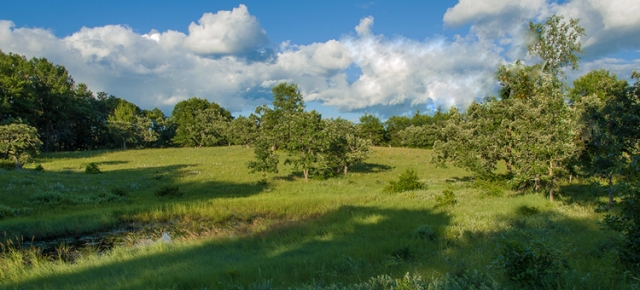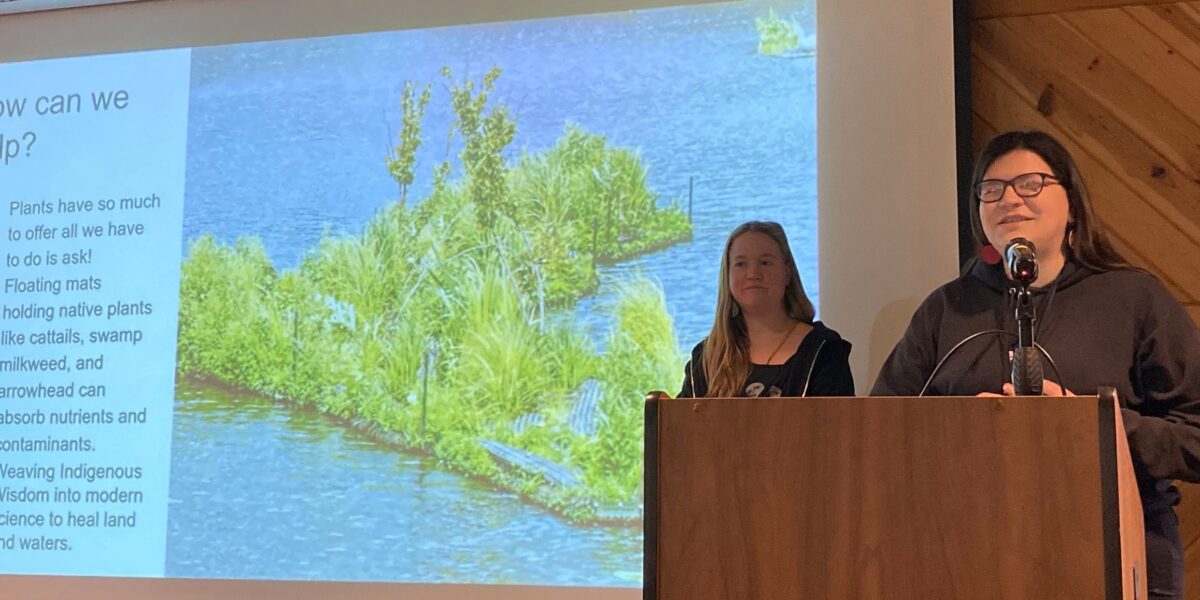
This week, the newly established state Office of American Indian Health gets to work, a new database of Indian boarding schools helps Indigenous people trace their ancestry, and a Dallas Mavericks player honors his Standing Rock Sioux heritage on the court. CJ Younger reports for Minnesota Native News.
MINNESOTA LAUNCHES INDIGENOUS-LED OFFICE OF AMERICAN INDIAN HEALTH
The Minnesota Department of Health will take a more active stance to improve the health of Indigenous Minnesotans with the new Office of American Indian Health. The agency will partner with tribal clinics and urban nonprofits that serve Indigenous families to address health disparities between Indigenous people and the general population. Previous approaches focused on assimilating Native communities into the current healthcare framework, but the new office will focus on working alongside the tribal nations for holistic solutions.
The initiatives of the office include tangible objectives such as:
- Providing technical assistance to tribal and urban community leaders to develop the infrastructure to address public health emergencies,
- Ensuring tribal communities and their perspectives are represented in all public health initiatives,
- Improving data collection, analysis, and reporting to plan for addressing health disparities among Indigenous people, and
- Implementing a tribal grants program that supports tribal public health initiatives by and for tribal communities.
The office is led by Kris Rhodes, an established Indigenous health practitioner and an enrolled citizen of the Bad River Band of Lake Superior Chippewa.
NEW DATABASE OF INDIAN BOARDING SCHOOL RECORDS HELPS INDIGENOUS PEOPLE FIND ANCESTORS
For generations, Indigenous children were forcibly removed from their families and subjected to cultural assimilation and abuse at Indian boarding schools. The echoes of that trauma continue to impact Indigenous communities. To shed light and understanding on this dark time, the National Native American Boarding School Healing Coalition has digitized records from over 500 Indian boarding schools and made them available to the public.
The CEO of the National Native American Boarding School Healing Coalition, or NABS, Deborah Parker of the Tulalip Tribes of Washington said, “This initiative marks a significant milestone in NABS commitment to truth, healing, and justice. The majority of all Indian boarding school records are currently not available to the public, by making these records accessible, we are taking a big step towards honoring the history and strength of Native peoples and building a more just and equitable future.”
The database features a variety of historic archival materials and other documents of historical significance related to the U.S. Indian boarding school era. These include detailed documentation from Indian boarding schools, student case files, administrative records, enrollment registers, and health records, and often contain photographs and narratives detailing daily life and education.
Find the link to access or learn more about the database at boardingschoolhealing.org. We also have it linked on our website, minnesotanativenews.org.
SHAKOPEE MDEWAKANTON SIOUX COMMUNITY FUNDS INDIGENOUS EDUCATION FOR ALL COURSE
The Shakopee Mdewankanton Sioux community recently awarded a grant of over 1 million dollars to the University of Minnesota for the development of an Indigenous education course. The course, which will be online and free to all Minnesotans, aims to provide a reliable and accurate introduction to the history, cultures and modern experiences of Indigenous Minnesotans.
The project will be guided and supported by a community advisory council and a curriculum committee that consists of Indigenous education experts and leaders, knowledge keepers and content experts, curriculum designers, learning technologists, and others. The course is expected to be available by mid-2025.
DALLAS MAVERICKS GUARD KYRIE IRVING HONORS INDIGENOUS HERITAGE ON THE COURT
During game 1 of the Timberwolves-Mavericks Western Conference Finals game, Dallas Mavericks guard Kyrie Irving did more than score 30 points. Irving honored his Indigenous heritage with his latest signature stand-out shoe choice, from the brand Anta Sports – the Anta Kai 1 ‘Chief Hélà’. The sneaker features brown leather with suede fringe along the collar and heel, resembling traditional footwear of the Indigenous peoples of Turtle Island. The design is an homage to his own tribe, the Standing Rock Sioux Nation. Although born in Australia, Irving’s grandparents and great-grandparents are from the White Mountain family in the Standing Rock Indian Reservation. The name of the shoe comes from his own Lakota name, Hélà, or Little Mountain. He was given the name by the Standing Rock Sioux tribe in a naming ceremony in 2018.
More from Minnesota Native News
- The Sugarbush Tradition Continues in Minnesota’s Urban Areas, and Khayman Goodsky’s New Film
 ANCHOR Marie Rock: This is Minnesota Native News, I’m Marie Rock. This week, we hear about Minnesotans continuing the old tradition of sugarbush in urban areas. Plus, a look at a recent Indigenous film screened at Duluth’s Minnesota Film Festival. First, let’s go to Deanna StandingCloud. Deanna StandingCloud: For Indigenous woodlands people in Minnesota, the …
ANCHOR Marie Rock: This is Minnesota Native News, I’m Marie Rock. This week, we hear about Minnesotans continuing the old tradition of sugarbush in urban areas. Plus, a look at a recent Indigenous film screened at Duluth’s Minnesota Film Festival. First, let’s go to Deanna StandingCloud. Deanna StandingCloud: For Indigenous woodlands people in Minnesota, the … - Sherburne National Wildlife Refuge Faces Staffing Cuts; Headlines Affecting Indigenous Minnesotans
 ANCHOR Marie Rock: This is Minnesota Native News, I’m Marie Rock. This week, we hear about the impact of recent federal staffing cuts on Zimmerman, Minnesota’s Sherburne National Wildlife Refuge. Plus, some current events affecting Indigenous nations here in Minnesota. First, let’s hear from Deanna StandingCloud. Deanna StandingCloud: The Sherburne National Wildlife Refuge announced earlier this …
ANCHOR Marie Rock: This is Minnesota Native News, I’m Marie Rock. This week, we hear about the impact of recent federal staffing cuts on Zimmerman, Minnesota’s Sherburne National Wildlife Refuge. Plus, some current events affecting Indigenous nations here in Minnesota. First, let’s hear from Deanna StandingCloud. Deanna StandingCloud: The Sherburne National Wildlife Refuge announced earlier this … - Great Lakes Indigenous Farming Conference & the Minnesota Department of Revenue’s Child Tax Credit
 ANCHOR Marie Rock: This is Minnesota Native News. I’m Marie Rock. This week, we hear about the twenty-second annual Great Lakes Indigenous Farming Conference. Plus, important information for families about the Minnesota Department of Revenue’s Child Tax Credit. First, let’s hear from Deanna Standing Cloud. Deanna StandingCloud: According to the Ojibwe worldview, humans have an interconnectedness with …
ANCHOR Marie Rock: This is Minnesota Native News. I’m Marie Rock. This week, we hear about the twenty-second annual Great Lakes Indigenous Farming Conference. Plus, important information for families about the Minnesota Department of Revenue’s Child Tax Credit. First, let’s hear from Deanna Standing Cloud. Deanna StandingCloud: According to the Ojibwe worldview, humans have an interconnectedness with …
Subscribe to Minnesota Native News in your favorite podcast app

 Reflection and Roots: Leah & Cole’s Journey with Native Lights
Reflection and Roots: Leah & Cole’s Journey with Native Lights